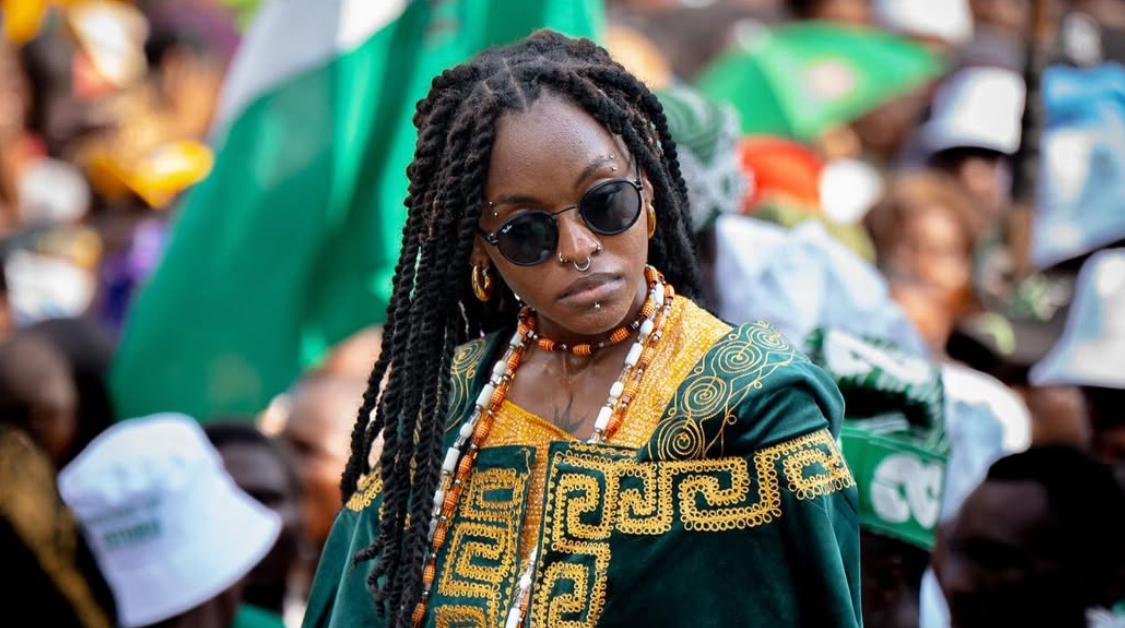Yesterday, the ancient town of Ijebu-Ode in southwest Nigeria erupted in a breathtaking celebration as thousands thronged the streets for the annual Ojude Oba Festival—a grand tribute to the timeless heritage of the Ijebu people.
What began more than two centuries ago as a humble Muslim gathering has transformed into a nationwide spectacle of unity, identity, and Yoruba royalty. The heart of the festival? Paying homage to the Awujale, the revered king of the Ijebu people—Nigeria’s living link to a storied past.
Drummers, musicians, and dancers kept the crowd in awe, their rhythms and steps narrating the epic journey of a people fiercely proud of their roots. Women dazzled in iro and buba, their flowing lace and aso-oke crowned with majestic gele headwraps—flair and elegance elevated with statement sunglasses and fluttering hand fans to beat the Lagos heat.
Men, decked out in matching agbada and fila caps, strolled with swagger—every detail, from beaded accessories to embroidered shoes, meticulously planned months ahead. The regbe-regbe age groups paraded in coordinated displays, reinforcing unity across generations.
The festival arena came alive with processions of horses adorned in gold and silver, their riders—descendants of the legendary Balogun warrior families—earning roars of applause as shots of local guns sent white smoke skyward, announcing each clan’s arrival.
Beyond the spectacle, Ojude Oba is an economic engine. Dressmakers, weavers, cobblers, and artisans all share in the buzz, as the town’s creative economy gets its annual lift.
What started as a post-Eid thanksgiving has grown into a symbol of Ijebu pride—welcoming all, regardless of faith. In a world scrambling for roots, Ojude Oba stands as a vibrant reminder: the soul of Nigeria is dressed in heritage, crowned in unity, and always ready to dance.
Long live the Awujale! Long live Ijebuland.




